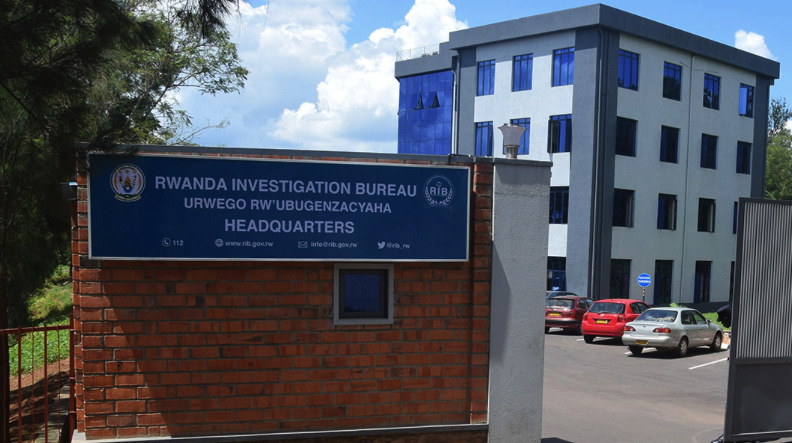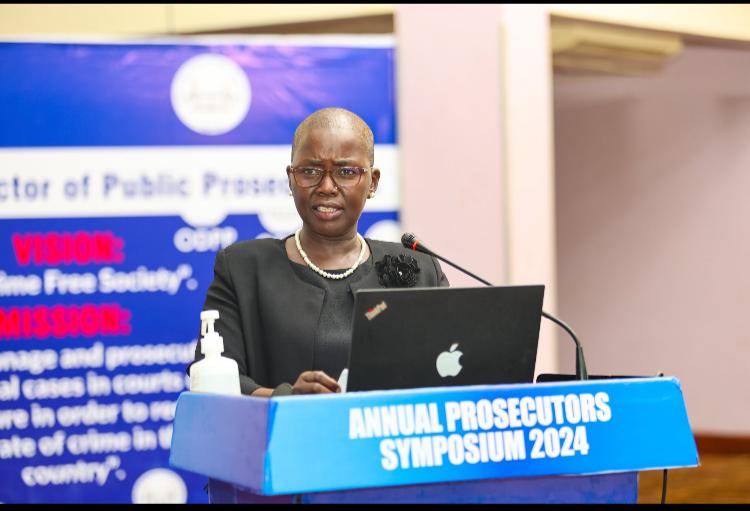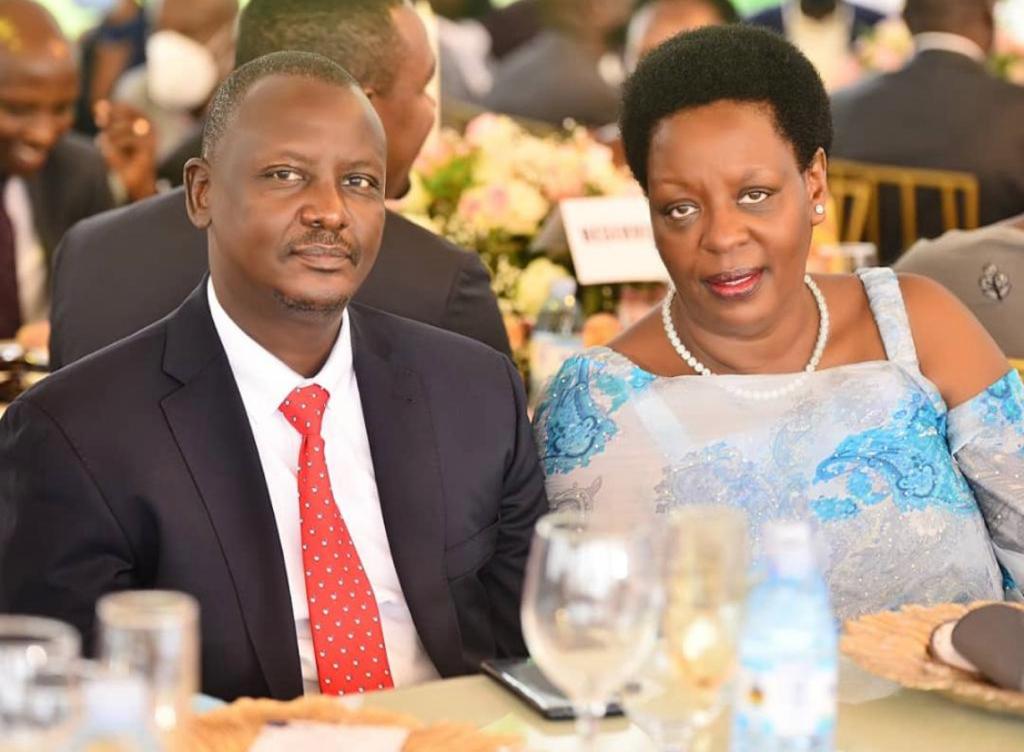Kigali, Rwanda
A lawyer based in Kigali has filed a case with the Supreme Court, seeking a review of the constitutionality of the Rwanda Investigation Bureau’s (RIB) authority to conduct searches without a court warrant. The lawyer, Edward Murangwa, challenges Article 10 of the law that establishes RIB, which grants investigators the power to search individuals and premises without a warrant if there are reasonable grounds to suspect the commission of a criminal act or the presence of relevant evidence.
A search warrant is a written order authorizing law enforcement officers to search specific persons or premises. Murangwa argues that such investigative searches infringe upon human rights and contends that the judiciary, as the entity responsible for overseeing human rights, should be involved in approving these searches. He cites Article 43 of the Constitution of Rwanda, which designates the judiciary as the guardian of human rights and freedoms, to support his argument. Additionally, he asserts that RIB, being part of the executive branch, should not have the power to issue search warrants, as it would violate the separation of powers enshrined in Article 61 of the Constitution.
The petition also highlights Article 23 of the Constitution, which safeguards the privacy of individuals’ homes unless authorized by the law under specific circumstances. According to this provision, no search or entry into a home should take place without the consent of the owner, except in situations determined by the law and in accordance with established procedures. It emphasizes the importance of upholding confidentiality in correspondence and communication, which can only be waived under circumstances and procedures prescribed by law.
In addition to questioning the search powers of RIB, Murangwa’s petition urges the court to address another issue. He calls for an end to the practice of parading suspects before the media and pressuring them to speak to journalists. Murangwa argues that this practice potentially violates Article 29 of the Constitution, which states that individuals are presumed innocent until proven guilty by a competent court. By subjecting suspects to public exposure and potential coercion, their right to a fair trial and protection from prejudicial treatment may be compromised.
The Supreme Court’s upcoming hearings on this case carry significant implications for the legality and scope of RIB’s search powers. The court will carefully examine the arguments presented by Murangwa and evaluate their alignment with constitutional principles and human rights standards.
If the court determines that RIB’s search powers are indeed unconstitutional, it could potentially lead to reforms within the investigative agency and a re-evaluation of the legal framework governing search procedures. Conversely, if the court upholds the current provisions, it will reinforce the authority of RIB to conduct searches without a warrant based on reasonable grounds.
The outcome of this case will not only impact the work of RIB but also shape the broader landscape of law enforcement practices and the protection of individual rights in Rwanda. The court’s ruling will provide clarity on the balance between effective criminal investigations and the preservation of civil liberties, setting an important precedent for future legal proceedings and potential legislative amendments.
As the Supreme Court prepares to hear this landmark case, legal experts, human rights activists, and the general public await the ruling with great interest. The decision will shape the understanding of search and seizure laws in Rwanda and further contribute to the on-going dialogue surrounding the protection of fundamental rights and the rule of law.















